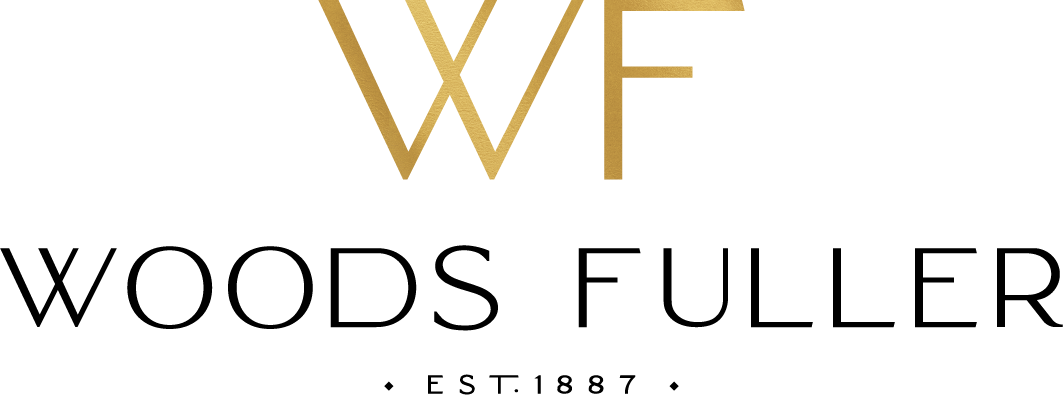New. Intriguing. Lawless? The Surprisingly Deep Legal Side of Collegiate NIL Agreements
For years, compensation of collegiate student-athletes was exclusively the realm of sports
opinion shows, student advocates, and the occasional FBI investigation. Compensation of
student-athletes, either directly or in exchange for the use of a student-athlete’s publicity rights,
was verboten. But on June 21, 2021, the United States Supreme Court redefined the debate over
how student-athletes could be compensated, if at all.
Following the release of National Collegiate Athletic Association v. Alston, student-athletes are
permitted to leverage their publicity rights, commonly referred to as their name, image, and
likeness (“NIL”) rights, for compensation. Since the decision, and the release of related NCAA
rules, the media and sports worlds have been buzzing about this new opportunity.
The NCAA has released some limited guidance about permissible NIL rights. For example,
student-athletes may not be paid to enroll in a specific program or as an incentive for on-field
performance. But beyond these fundamental rules, the NCAA has released little guidance for
permissible NIL rights. More NCAA rules will inevitably follow, likely driven by enforcement
against boosters or universities that flirt with unethical recruiting activities.
The opportunities presented here for businesses are enormous. The national media focuses on
student-athletes in marquee sports at household name Division I programs, but largely overlooks
local opportunities. Student-athletes in Division II or III programs, or who play less common
sports, are often local celebrities, both on and off campus. Smaller businesses, especially those
popular within college communities, should be thinking seriously about these opportunities. Not
every NIL compensation package is worth hundreds of thousands or millions of dollars. Some
are just a few thousand dollars and some quality of life benefits (free food, merchandise
discounts, etc.).
The NIL world is much larger than most realize. It is an exciting, new world offering businesses
the ability to reach new audiences and work with some incredible young people. And fortunately,
for now, the NCAA is content to allow student-athletes and their sponsors to explore the space.
But student-athletes and the businesses that sponsor them should still be alert and take
advantage of the legal resources available to them, because state legislators, public and private
boards of regents and trustees, university administrators, athletic departments, and (of course)
taxing authorities are all releasing or considering new regulations and limitations. The NCAA will
also be issuing additional guidance.
Lawyers can help student-athletes and business sponsors establish well-defined business terms,
so they can establish and maintain a necessity for a successful and fruitful relationship. Further,
legal advice will ensure that contracts are compliant with applicable laws and rules from all the
interested regulators or are updated if the regulatory landscape changes rapidly. Businesses
should be exploring this new opportunity, especially as sports seasons begin.


